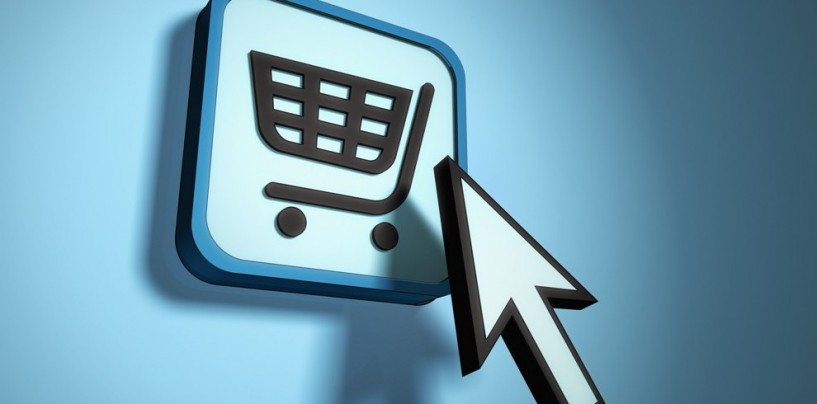When I check my Facebook page, I find all kinds of specifically-targeted ads in the right column. And more often than not, I am shocked. Most of the ads and the products they try to sell are translated by machines and hard-to-understand in the target language, let it be English, German or French. Naturally, I will never click on them because their poor translation reveals that quality is not important for the advertisers. But it’s important to me. The product name, the ad, the website, everything.
Do you want to know the final translation costs?
CLICK HERE AND GET A QUOTE NOW!In the supermarket, I also find some some products on the shelves that do not have enough details in English. I need more and better information. Yes, my shopping decision is based on that information. If the quality is not good enough, I will never buy that product. I like protein bars, for example and I really want to know about all of their vitamins and other ingredients. You can see the information in English, but you have to fight for detailed description in other languages. Yes, I know, it’s a law in the US and the EU to translate all information about all products but it’s not always the case. Some details are translated, some aren’t.
As language service providers, we think that it causes loss at several levels. Customer won’t click and won’t buy poorly translated products. But brand and corporate image suffers mostly in foreign markets. In customers minds poor translations are closely connected with poor quality.
The solution? Never settle for anything less than perfect translation when it comes to your products and their descriptions. Information on food, alimentary or cosmetic products are just as important as on electronic devices or textiles. The labels, instructions, manuals must be all perfectly translated into the target language.
Ans who can produce such translations? Only those who are not only qualified but experienced in that industry. A computer manual must be translated and proofread by experienced IT engineers who have been translating for years. Similarly, perfume ingredients are translated by linguists who are at home in chemistry.
Is proofreading necessary? Always. Yes, it’s more expensive but double-checking products description translations is a must at all times. They are going to printed and published and you have to make sure that your content is immaculate.
Products descriptions are usually published texts and they exist in InDesign or Quark. If you send them in any of these formats, we can prepare a ready-to-print version for you, saving precious energy, time and money for your business.
We translated the labels, descriptions and manuals of thousands of products in the past and can do the same for you.


